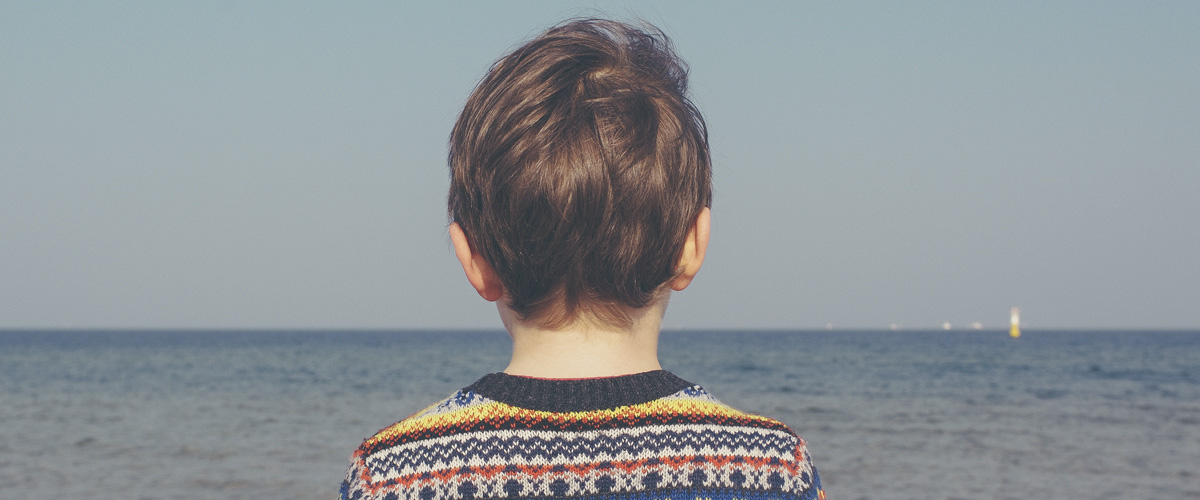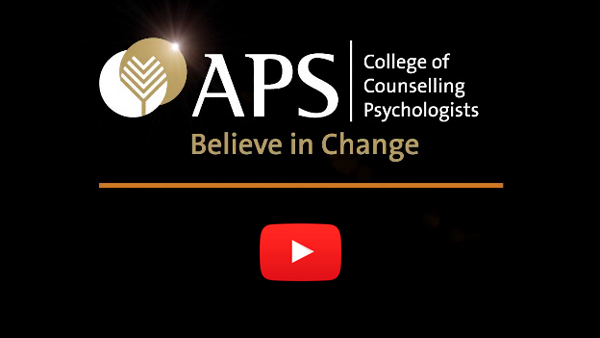Anxiety in children

By Professor Ron Rapee
Distinguished Professor of Psychology at Macquarie University
All children feel anxious when they’re growing up, but children affected by anxiety disorders experience extreme fear, nervousness and shyness, which affects their quality of life.
Do children experience anxiety?
Worries and fears are a normal part of childhood development but an estimated seven per cent of children and adolescents who experience intense, frequent anxiety – an uncomfortable feeling of fear or imminent disaster – are diagnosed with an anxiety disorder. Childhood anxiety manifests in much the same way as adult anxiety and the same diagnoses used in adults are also used in children.
Children typically experience three main types of anxiety: separation anxiety, social anxiety and generalised anxiety.
Separation anxiety is the fear of separating from a major attachment figure – often one or both parents. Children with separation anxiety get very distressed and upset at the prospect of being apart from their parents, and are especially concerned that something terrible will happen during the separation. They may say things like, ‘When we’re apart Mum’s going to be killed and I’ll never see her again’ or ‘When we’re apart someone will kidnap me and I’ll never get to see Dad again’. As a result these children may avoid going on school camps or sleeping at other people’s homes and try to stop their parents from going out at night.
Social anxiety affects children who are extremely shy and worry a lot about what other people think about them. They may say things like, ‘Other people will laugh at me’, ‘Other people think I’m stupid’ or ‘Other people think I’m ugly’. As a result these children may avoid a wide range of social interactions such as speaking in front of the class, meeting other kids and talking to people in positions of authority. As they get older they often avoid going on dates or making friends.
Generalised anxiety causes children to worry about a wide range of problems. They often worry about adult-like things such as their parents’ jobs and finances or even whether the rabbit has enough food or the world is going to run out of air. As a result they will often be very perfectionistic and worry a great deal about their performance, and avoid doing anything new or out of the ordinary.
When is anxiety diagnosed as a clinical problem?
Anxiety is very, very normal and all children experience fears and worries. A diagnosis of anxiety depends on how often, how easily and how intensely a child experiences anxiety. The most important criterion is the degree of interference. When a child’s anxiety is affecting their life, it may be diagnosed as a disorder. If they’re shy, withdrawn or worried but it’s not affecting their life, it’s not considered to be a disorder.
What causes anxiety in children?
Research suggests there is a strong genetic component and about 40 to 50 per cent of anxiety in children is heritable. When it comes to temperament, which has a significant genetic component, children who are very withdrawn and hesitant, even when they’re very young, are at greater risk for developing anxiety problems.
There is also evidence to suggest that parents of anxious children are often slightly more anxious than average. We also know that the way parents interact with their children can affect the development of anxiety disorders. Parents of anxious children tend to offer protection, allow children to avoid things they’re afraid of or leap to their child’s defence more often. These behaviours are often a result of the child’s anxiety but can exacerbate the problem.
What can parents do to help?
Some anxious children will grow out of their fears, and teaching children practical strategies to overcome their fears has been shown to help. Parents can teach children more realistic ways to look at the world and encourage them not to always leap to negative conclusions. Gently and consistently encouraging children to do things they’re afraid of can also help to overcome fears. If parents are concerned that their child’s anxiety is interfering with day-to-day life, it’s best to seek professional help.
 Original Psychlopaedia Article
Original Psychlopaedia Article

This work is licensed under a Creative Commons Attribution NonCommercial NoDerivatives 4.0 International License.









